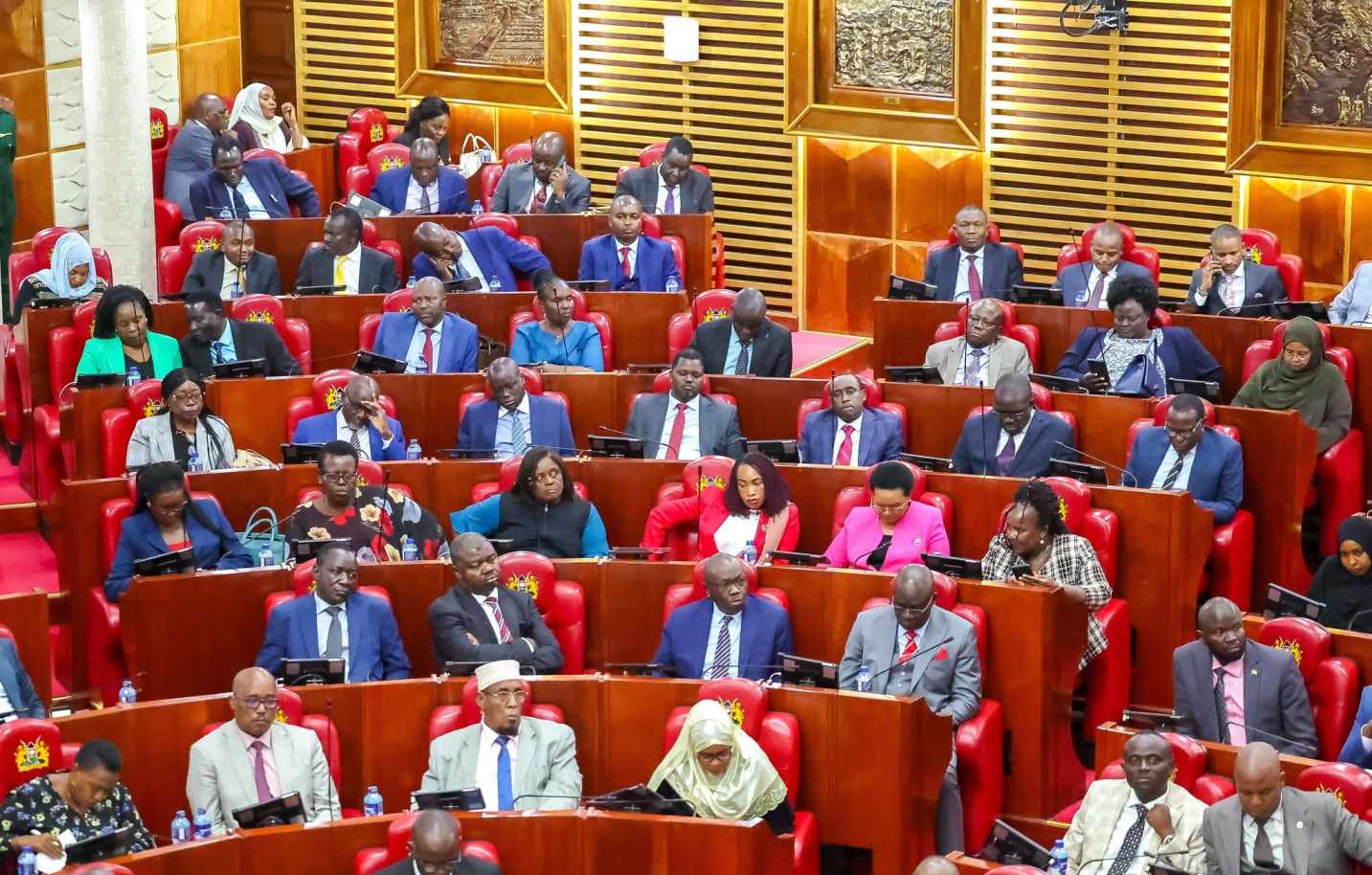Bill seeks to anchor harm reduction in law to support drug addicts

The Harm Reduction Bill, 2025, aims to anchor harm reduction services in law and ensure they are available in public health facilities as part of efforts to reduce drug-related deaths, overdoses and the spread of infectious diseases.
The National Assembly is considering a new Bill that seeks to transform the way the country addresses drug and substance addiction by requiring both the national and county governments to set up rehabilitation and harm reduction programmes.
The Harm Reduction Bill, 2025, aims to anchor harm reduction services in law and ensure they are available in public health facilities as part of efforts to reduce drug-related deaths, overdoses and the spread of infectious diseases.
The proposed law, sponsored by Nairobi Woman Representative Esther Passaris, outlines a wide range of interventions for individuals struggling with substance use disorder.
These include access to treatment, counselling, psychosocial care, peer recovery support and healthcare services, as well as assistance for families and caregivers.
“The Cabinet Secretary shall develop a comprehensive policy and a national strategy on harm reduction to ensure improved welfare and treatment of persons with substance use disorder,” the Bill states.
The draft legislation defines harm reduction as a public health approach that lessens the negative health, physical and social impacts of drug use, whether through safer use, managed use or full abstinence.
It obliges the state to run community programmes to support care and rehabilitation, carry out sensitisation campaigns and promote access to information on treatment and recovery.
“The national government shall promote and provide psychosocial support, peer recovery support services, counselling and treatment of persons with substance use disorder, their families, caregivers, dependents and the community in general,” it adds.
Under the Bill, the Health Cabinet Secretary will be required to develop a national policy and strategy for delivering harm reduction services in public hospitals.
The CS will also be mandated to maintain a register capturing the number of persons with substance use disorder, their ages, sex, diagnoses and deaths.
In addition, the CS will set standards to guide facilities offering harm reduction services and designate a directorate within the Ministry of Health to coordinate their delivery.
The Bill further directs the Ministry of Health to establish specialised facilities staffed with trained health professionals and equipped with the necessary tools for treatment and rehabilitation.
At the county level, the CEC for Health will be tasked with implementing the national policy, strategy and standards, ensuring that county hospitals provide harm reduction services.
County governments will also be required to mobilise resources, allocate funds and ensure smooth delivery of the services.
The proposed law also spells out accountability measures. It makes it an offence for a health provider to deny access to harm reduction services without valid reason or to unreasonably withhold treatment or information from a patient in need.
